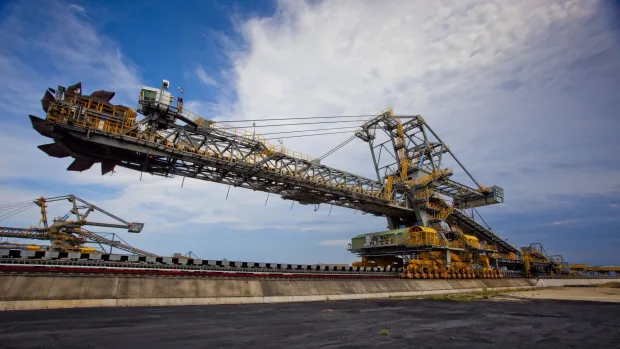Former diplomats have asked the Albanese government to do more to leverage its relationship with Japan – which is arguably the world’s most important energy partnership – to help its trading partner move away from gas and towards a rapid and ambitious decarbonisation.
Diplomats for Climate, an organisation which is supported by more than 100 former Australian officials has said that “the future of gas lies in the ground”, but that a ban on new fossil fuel developments – the focus of a growing community campaign backed by scientific evidence – would not cut global emissions unless international demand was reduced.
Available data shows that Australia is one of the world’s three biggest fossil fuel exporters, but the ex-diplomats say its coal and gas exports meet only about 4.8% and 2.8% of global demand respectively. They say Australia’s supply would likely be replaced by other exporting countries if it simply stopped.
In a submission to the government on the future of the gas industry ahead of the Cop28 climate summit in Dubai, Diplomats for Climate said that it placed a responsibility on Australia to leverage “its strong reputation and history as a reliable energy supplier” to encourage its trading partners to quickly cut reliance on fossil fuels.
That meant not merely relying on the “drug dealer’s defence” – arguing that if Australia did not sell a harmful product, someone else would.
Read also: US moves to cut methane emissions by 80%
Reacting, Janaline Oh, the group’s executive director said that “Diplomats for Climate wants to see rapid and dramatic decreases in fossil fuel production, but this will only reduce global emissions if driven by rapid and dramatic reductions in demand,”.
“If the government wants to use the drug dealer’s defence it needs to be the dealer who takes their clients to rehab and supports them off their habit.”
The argument is particularly focused on Australia’s relationship with Japan, which gets about 40% of its liquefied natural gas (LNG) from Australia and has been vocal about its concerns that Albanese government policies could affect new gas developments.
Examples include the Kishida government lobbying the Albanese government for a proposed LNG development to be given special treatment under Australia’s safeguard mechanism climate policy, and the head of the Japanese energy giant Inpex telling MPs in Canberra he feared their policies could result in “a direct threat to the rules-based international order essential to the peace, stability and prosperity of the region, if not the world”.
Story was adapted from the Guardian.
